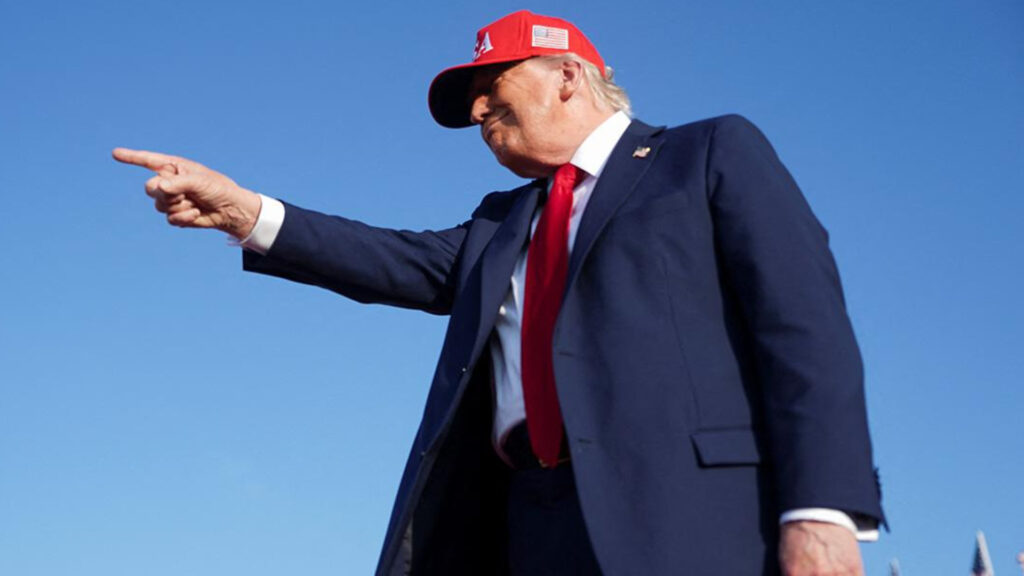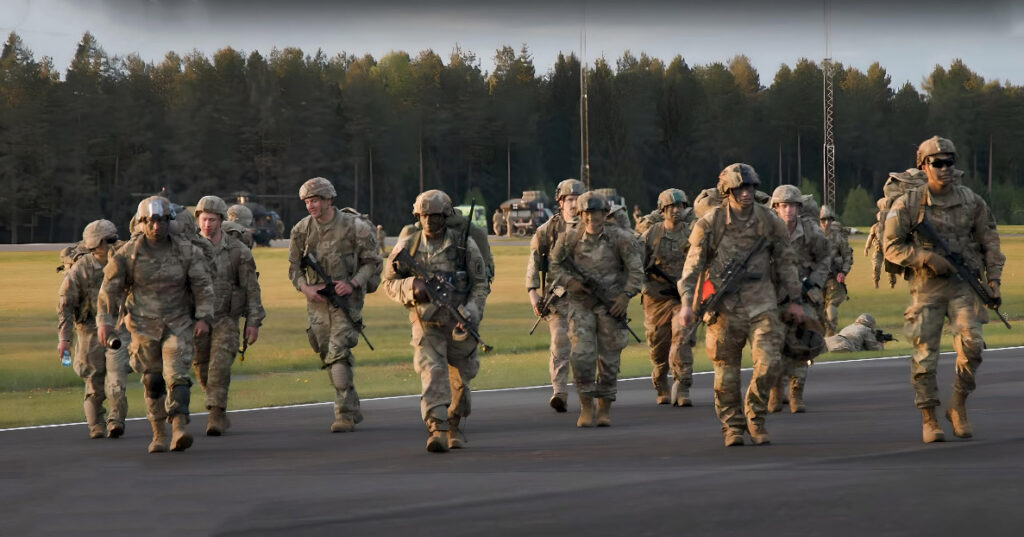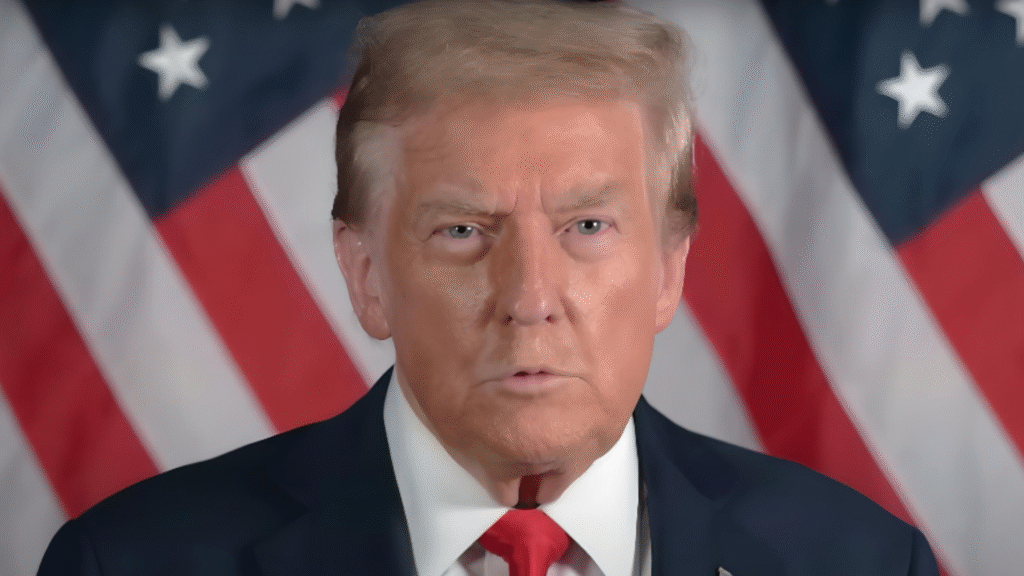Washington, July 2025 — A political storm is brewing in the corridors of power after Defense Secretary Pete Hagseth’s unexpected move to unilaterally suspend military aid to Ukraine. The decision, taken without consultation with key figures in the upper echelons of power, has not only caused confusion in the White House, but also raised doubts about the coherence of the entire national security system.
According to sources familiar with internal discussions, the minister acted contrary to established procedures. Secretary of State Marco Rubio and Special Representative for Ukraine Keith Kellogg were presented with a fait accompli — information about the suspension of supplies leaked to the press before it reached their desks. Moreover, President Donald Trump himself, speaking at a public event, expressed his strong dissatisfaction: “I didn’t even know this had happened. Who gave that order?”
The delay affected critically important military equipment — from Patriot anti-aircraft systems and 155 mm ammunition to Hellfire and GMLRS missiles. These deliveries were seen not only as part of defense support, but also as a symbolic demonstration of commitment to existing obligations.
A challenge or a miscalculation?
Hegseth’s decision was the third such case in the last six months. However, while his initiatives in February and May were rejected by the White House in time, this time the order reached the implementation stage. This raised many questions: was the defense secretary’s move a planned challenge to the president’s policy or a manifestation of disagreement and internal friction within the administration?
Congressional Defense Committee spokesman Adam Smith expressed concern: “If we don’t have an objective shortage of weapons, and deliveries are stopped without explanation, it’s no longer about technology, but about politics. And it seems that it’s not just one policy, but several conflicting ones.”
International response
Observers in the capitals of allied countries are closely monitoring the situation. Sources report “heightened concern” in diplomatic circles: while Washington demonstrates unity and consistency in words, there is growing tension within its highest structures. One European diplomat, who wished to remain anonymous, noted: “We are seeing a certain institutional turbulence. The situation requires not just explanations, but proof of the ability to act with unity.”
The president’s reaction
Donald Trump, who is actively preparing for the November elections, clearly did not expect a domestic political crisis of this magnitude. His harsh rhetoric toward Hagseth may indicate a desire to quickly distance himself from this decision and regain control of the agenda. According to insider information, a large-scale internal review at the Pentagon and possible personnel decisions are expected in the coming days.
What next?
This incident has presented the country’s leadership with a difficult task: to convince the public, allies, and its own apparatus that foreign policy remains in reliable hands. It is possible that in the coming weeks, not only will there be loud statements, but also concrete steps to restructure the decision-making process in the security sphere.
In a rapidly changing global landscape, Washington finds itself needing to prove that it can act consistently, even when there are conflicting voices within.



